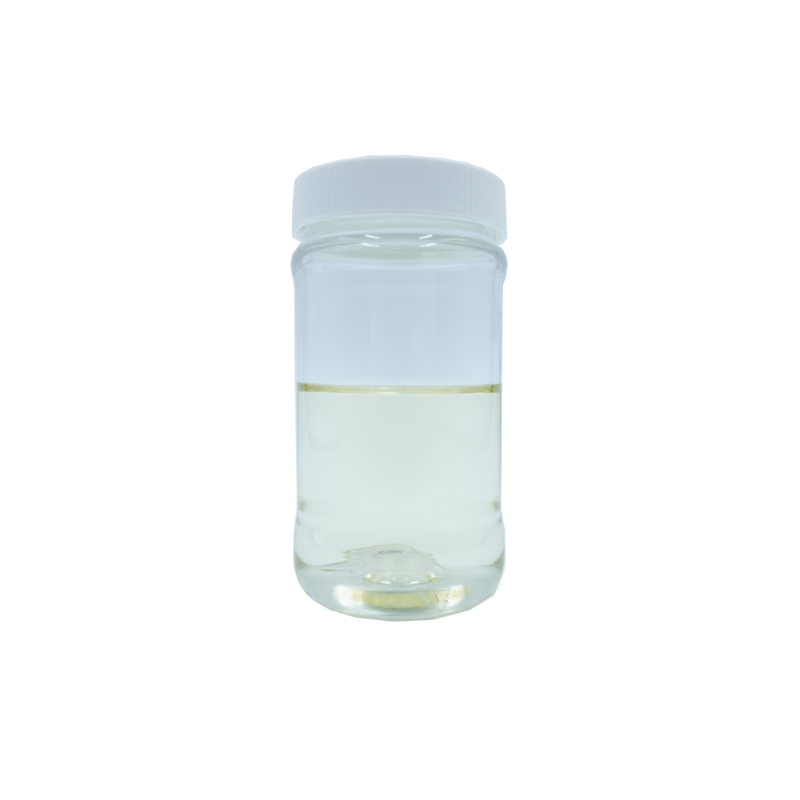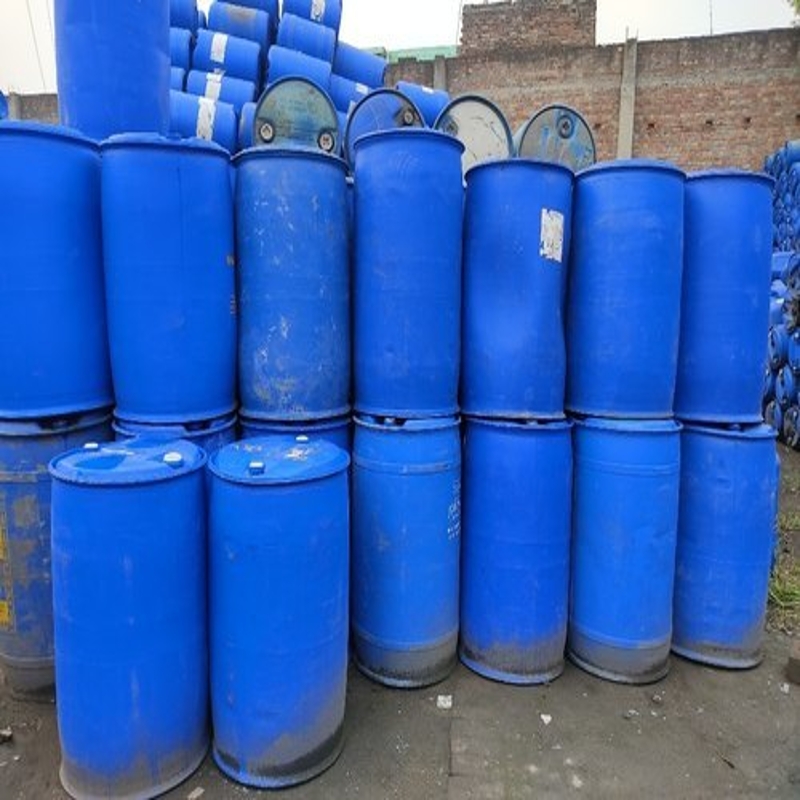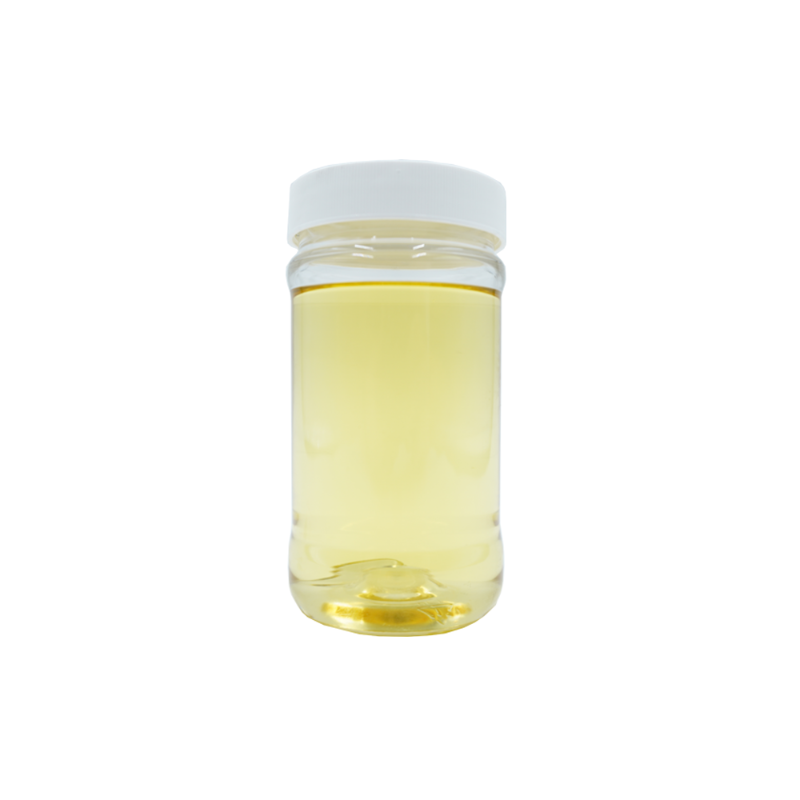-
Categories
-
Pharmaceutical Intermediates
-
Active Pharmaceutical Ingredients
-
Food Additives
- Industrial Coatings
- Agrochemicals
- Dyes and Pigments
- Surfactant
- Flavors and Fragrances
- Chemical Reagents
- Catalyst and Auxiliary
- Natural Products
- Inorganic Chemistry
-
Organic Chemistry
-
Biochemical Engineering
- Analytical Chemistry
-
Cosmetic Ingredient
- Water Treatment Chemical
-
Pharmaceutical Intermediates
Promotion
ECHEMI Mall
Wholesale
Weekly Price
Exhibition
News
-
Trade Service
Bisphenol A (BPA) and phthalates are the two most studied and tested additives in plastics.
recently, there has been a lot of scientific news about BPA, but there are very few phthalates.
, however, on November 1st the University of California, Santa Cruz (UCSC) released a report on safe alternatives to phthalates
the
. This alternative is used to enhance the softness, flexibility and service life of plastics.
problem with phthalates is that they are removed from plastic and enter food, water and the environment, UCSC News reported. Even some studies have shown that prolonged exposure to phthalates can lead to a variety of health problems.
The team, led by Rebecca Braslau, a professor of chemistry and biochemistry at the University of California, Santa Cruz, solved the problem by developing a chemical that could act as a plasticizer for PVC, but would not be removed from PVC products because they bind to polymer chains through chemical bonds.
the team reported their findings in a paper published in the Journal of Polymer Science (online September 26 and print on November 1).
fact, Braslau's team has been working on "non-migrating" plasticizers that can be attached to PVC polymers by chemical bonds.
explains that phthalates have traditionally been mixed with fine PVC and "fused together" rather than glued together. However, unlike phthalates, our non-migrating plasticizers cannot be materially removed.
her lab has produced several non-migrating plasticizers, including two that have been named frogs and slugs because of their chemical structure.
particularly promising because it is not only easier to produce than frogs, but also the most effective plasticization strategy, " says Braslau, a director of the National People's Government. "
it involves fewer steps and chemicals in the synthesis process," she said. According
UCSC, more and more scientists are entering the ranks of developing alternatives to phthalates as concerns become about the potential health risks that phthalates may pose.
phthalates are considered endocrine disrupters because they or their metabolites can disrupt the hormone system in the body. While most studies showing harmful effects have been conducted in laboratory animals, some human studies have also found a link between phthalates and adverse reproductive and developmental effects.
criteria for how phthalates affect human health and the scope of exposure remain unresolved. This issue is of particular concern to researchers because PVC is widely used in a wide range of consumer products, including shower curtains, children's rain gear, and even personal care products such as shampoos and cosmetics.
are everywhere," braslau said.
, Braslau and her team hope that the plastics industry will adopt safer non-migrating plasticizers that they have developed.







